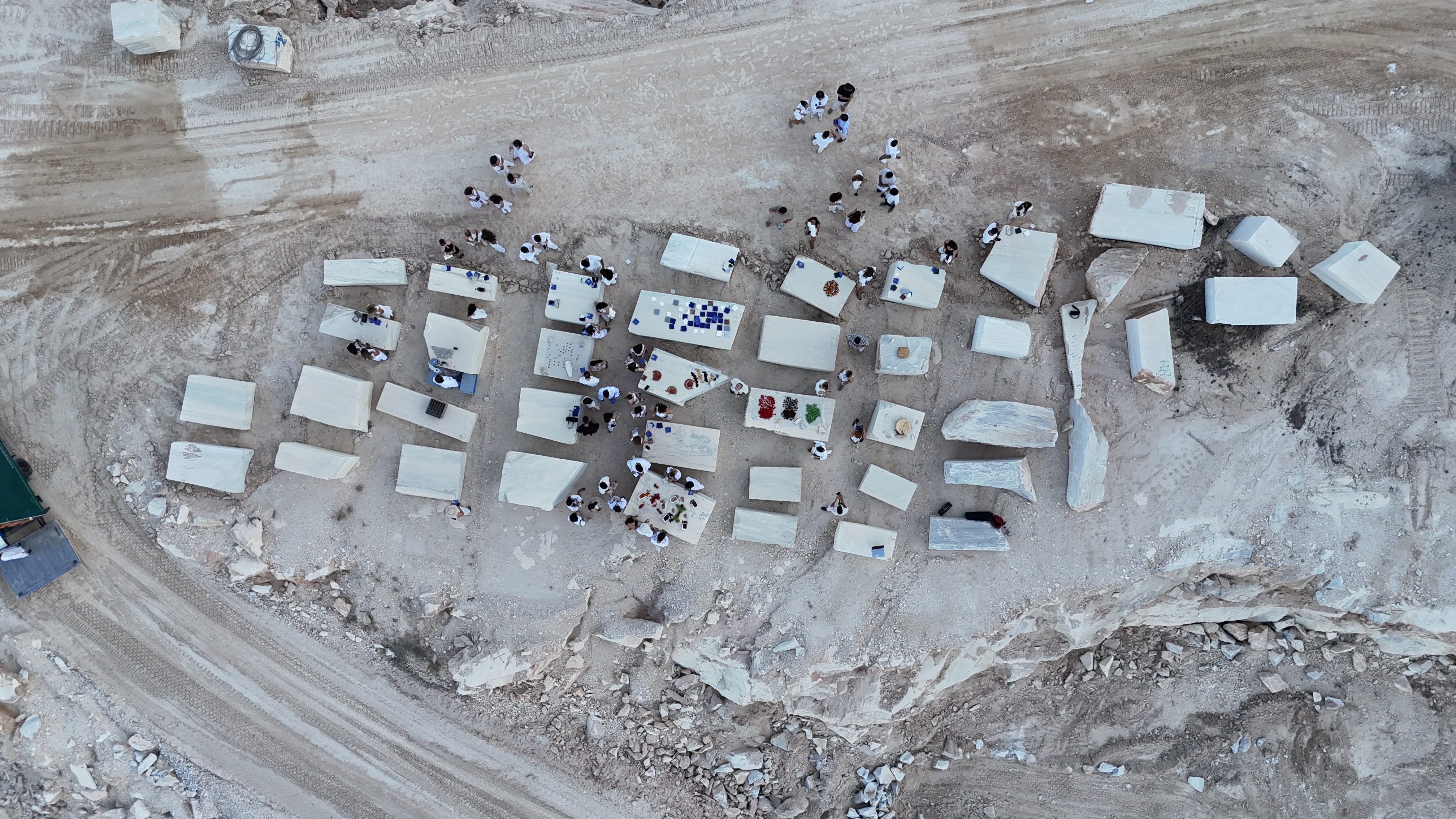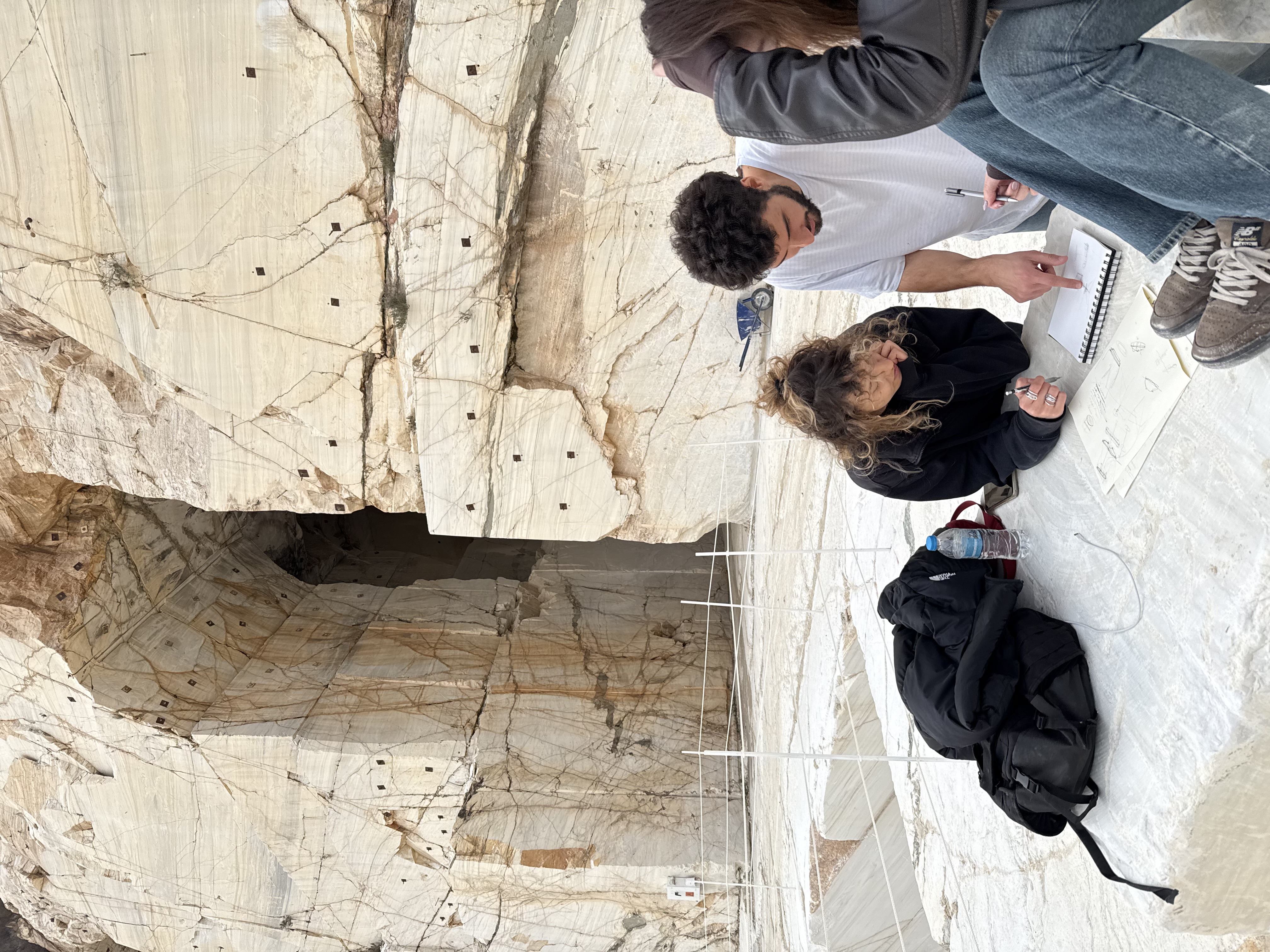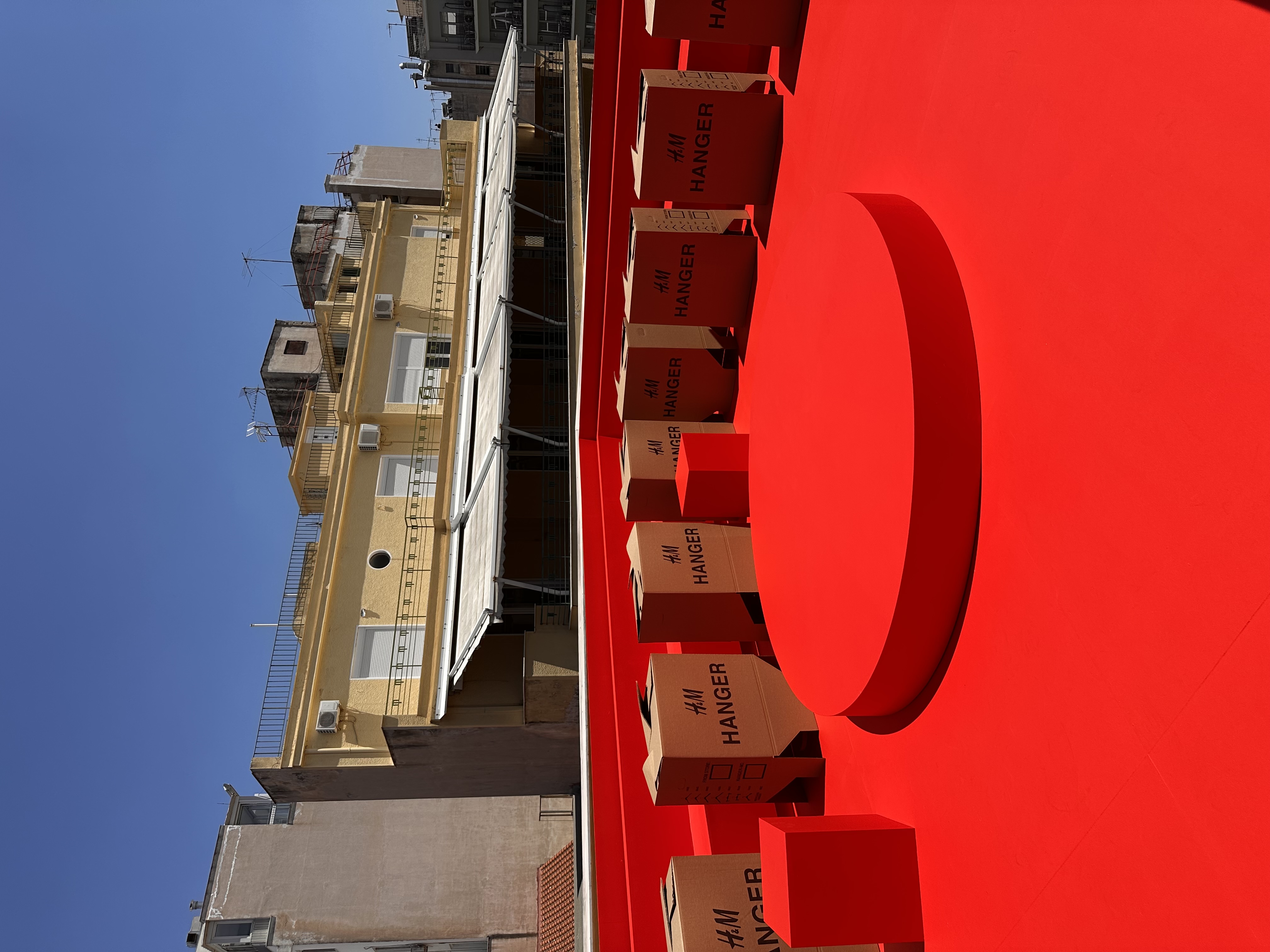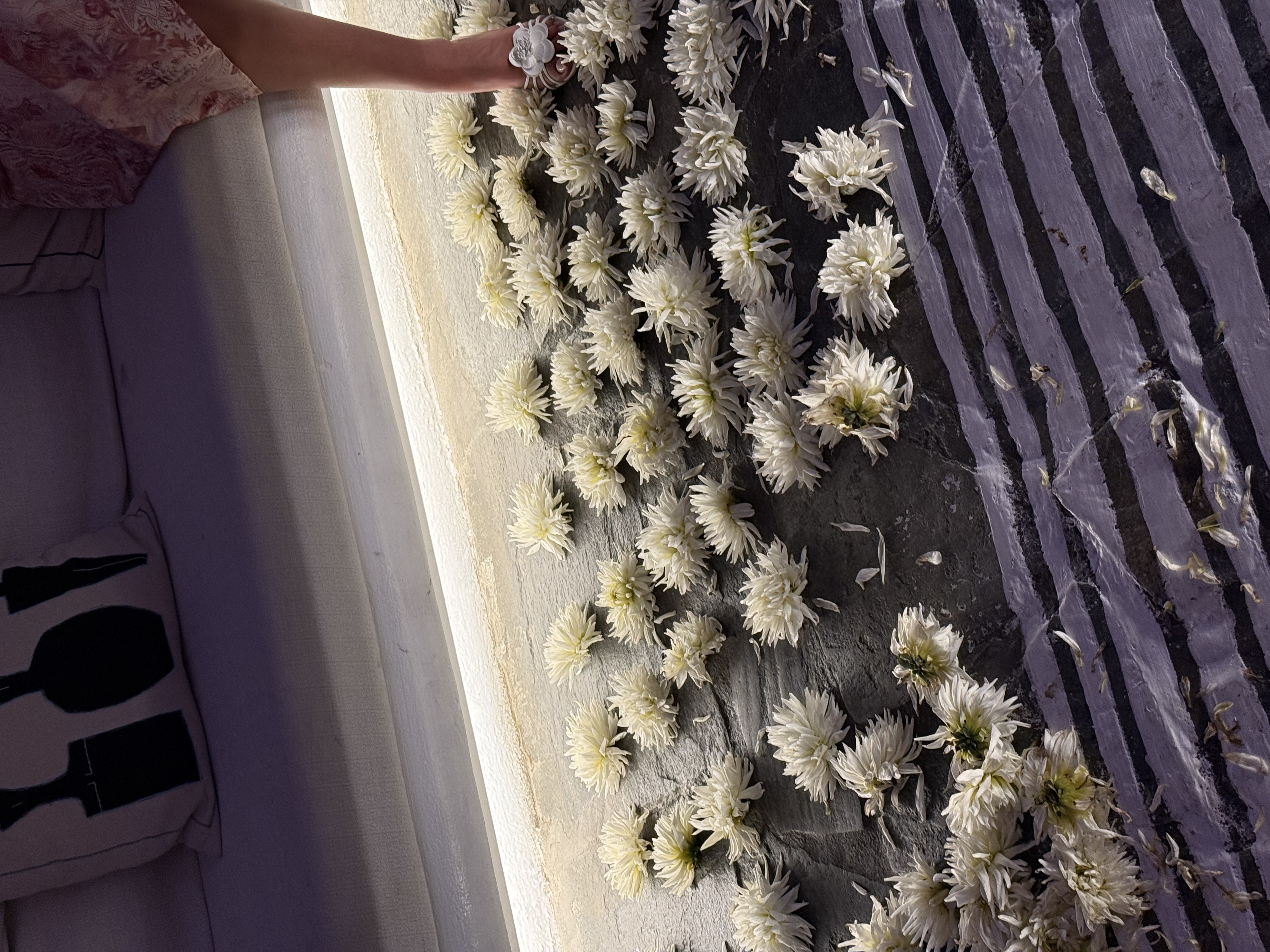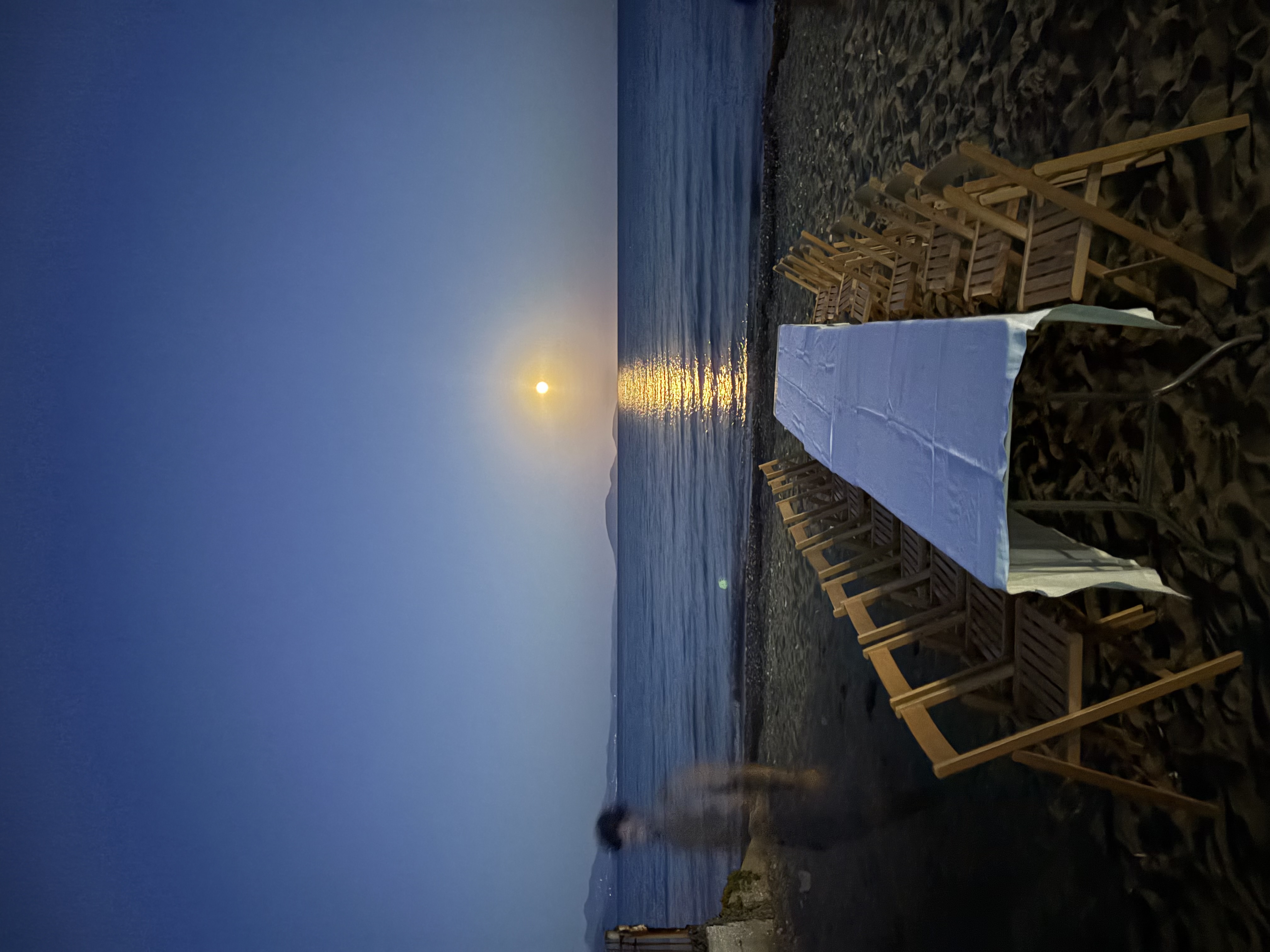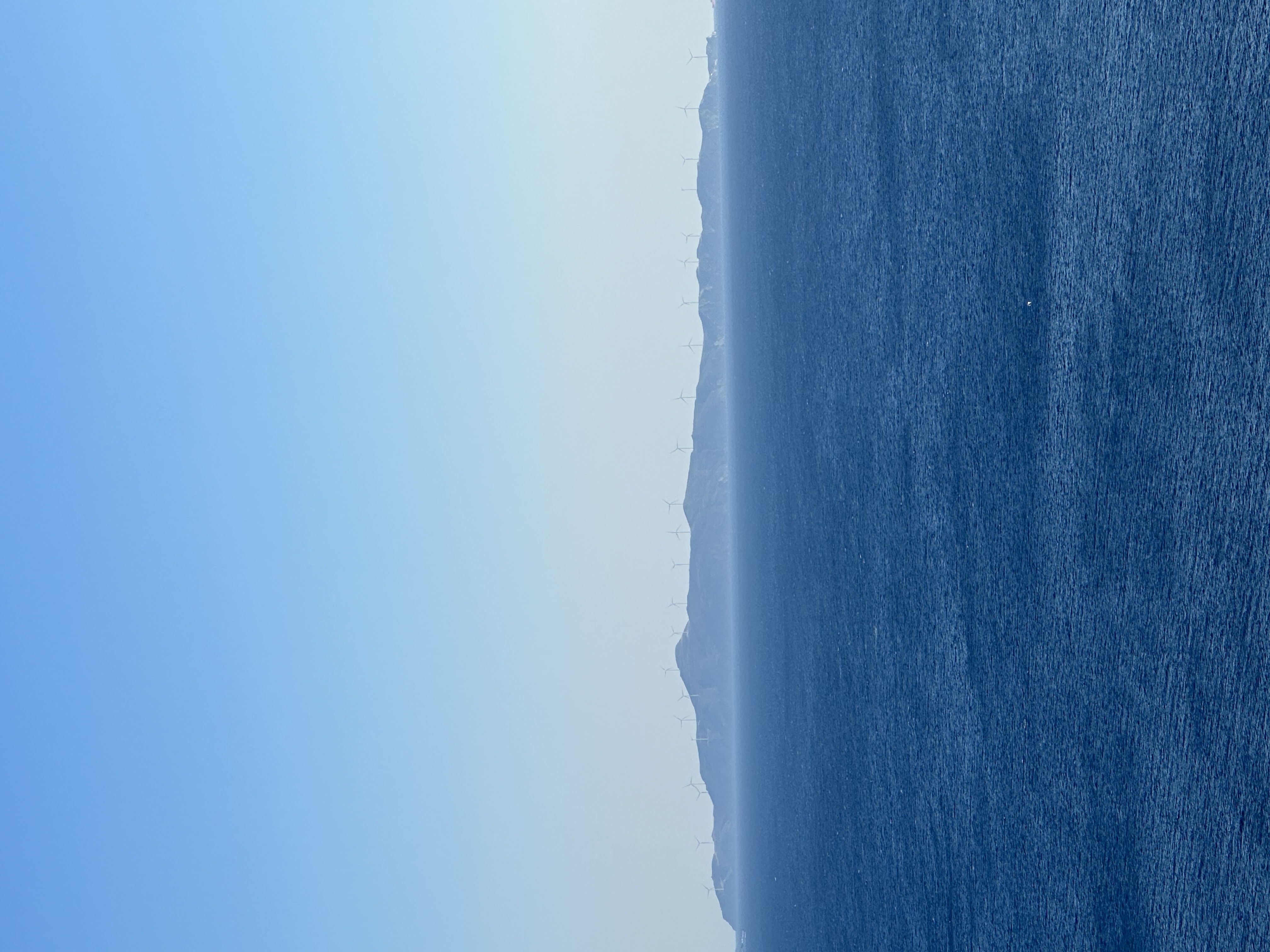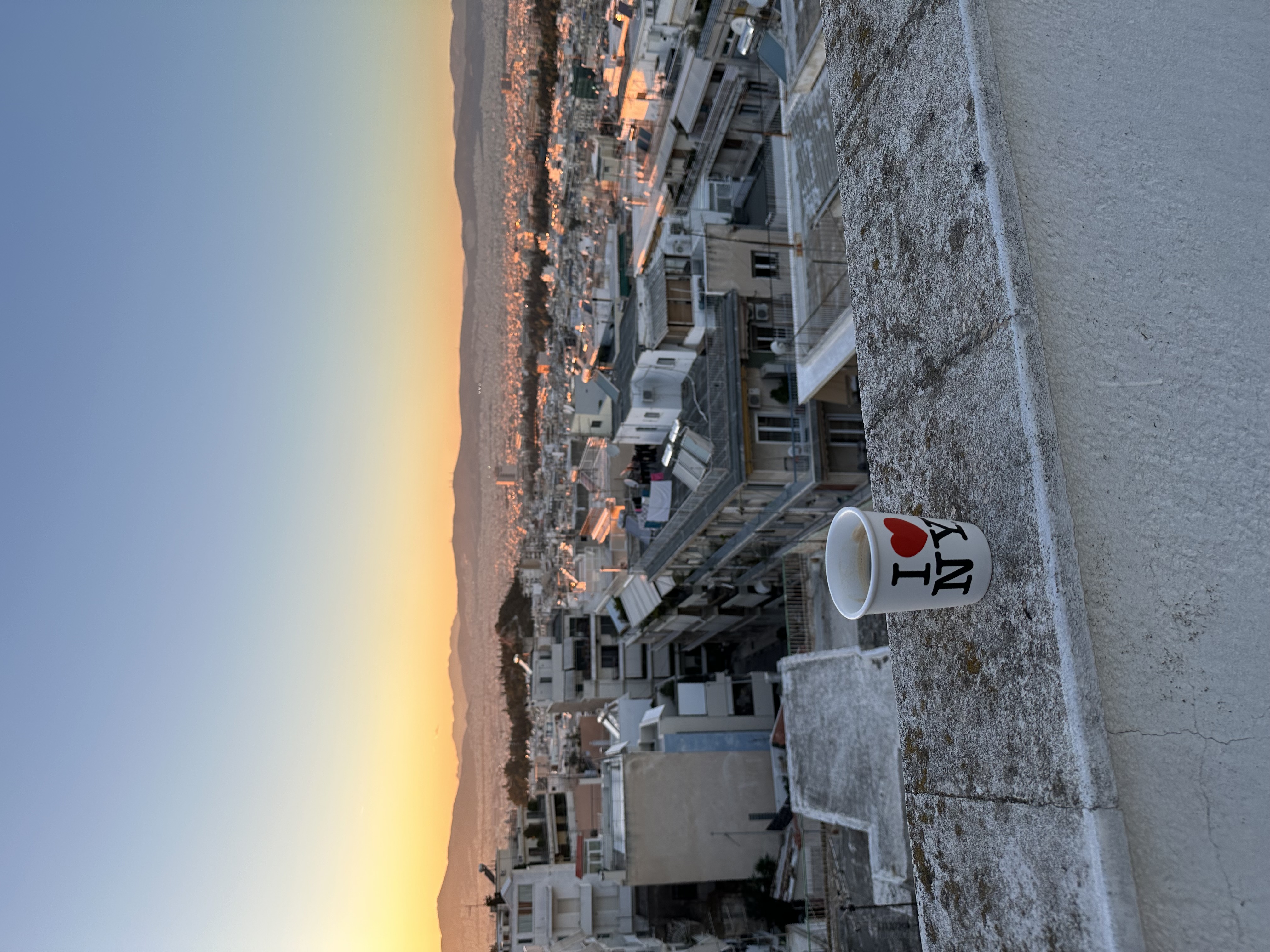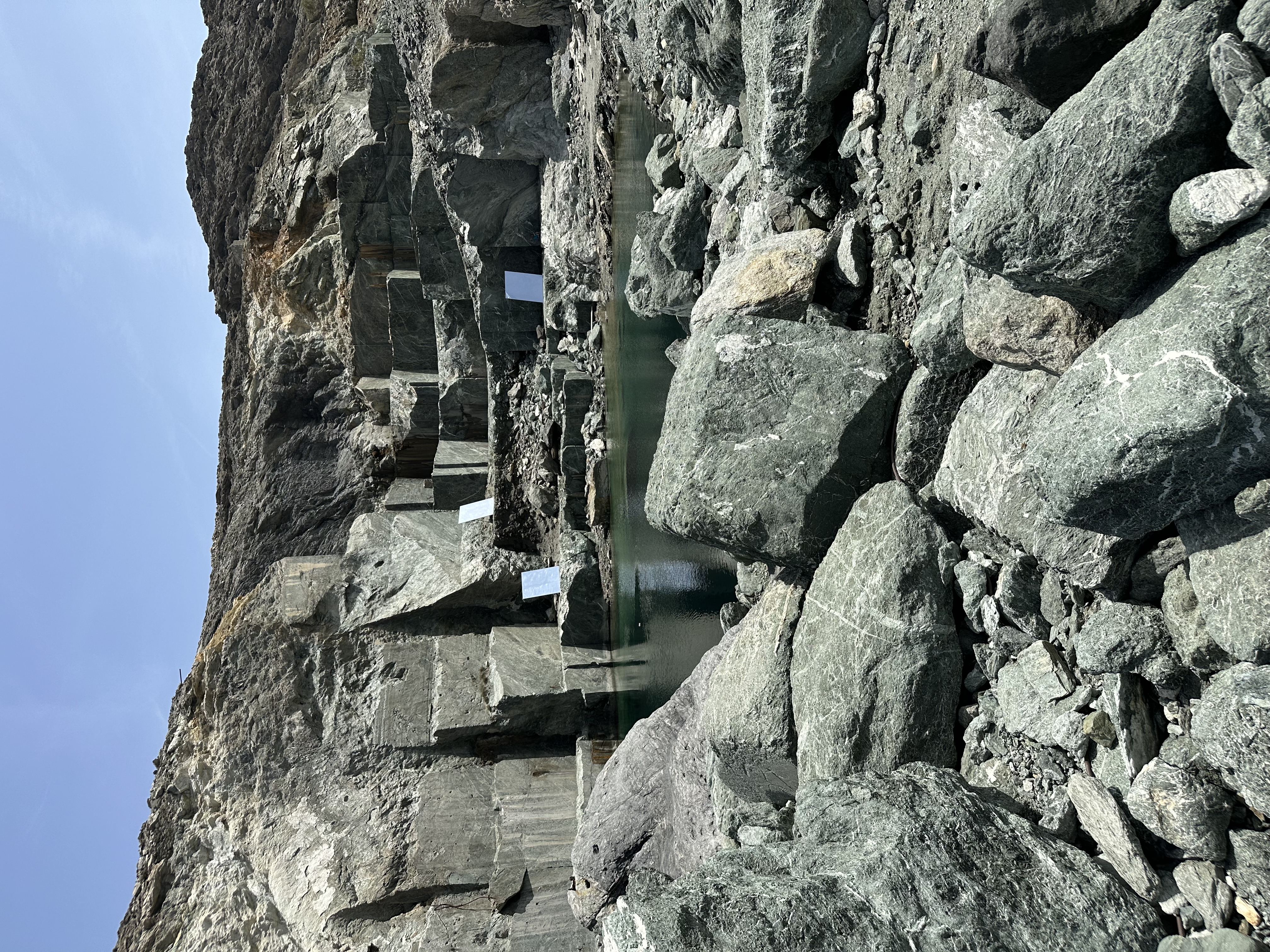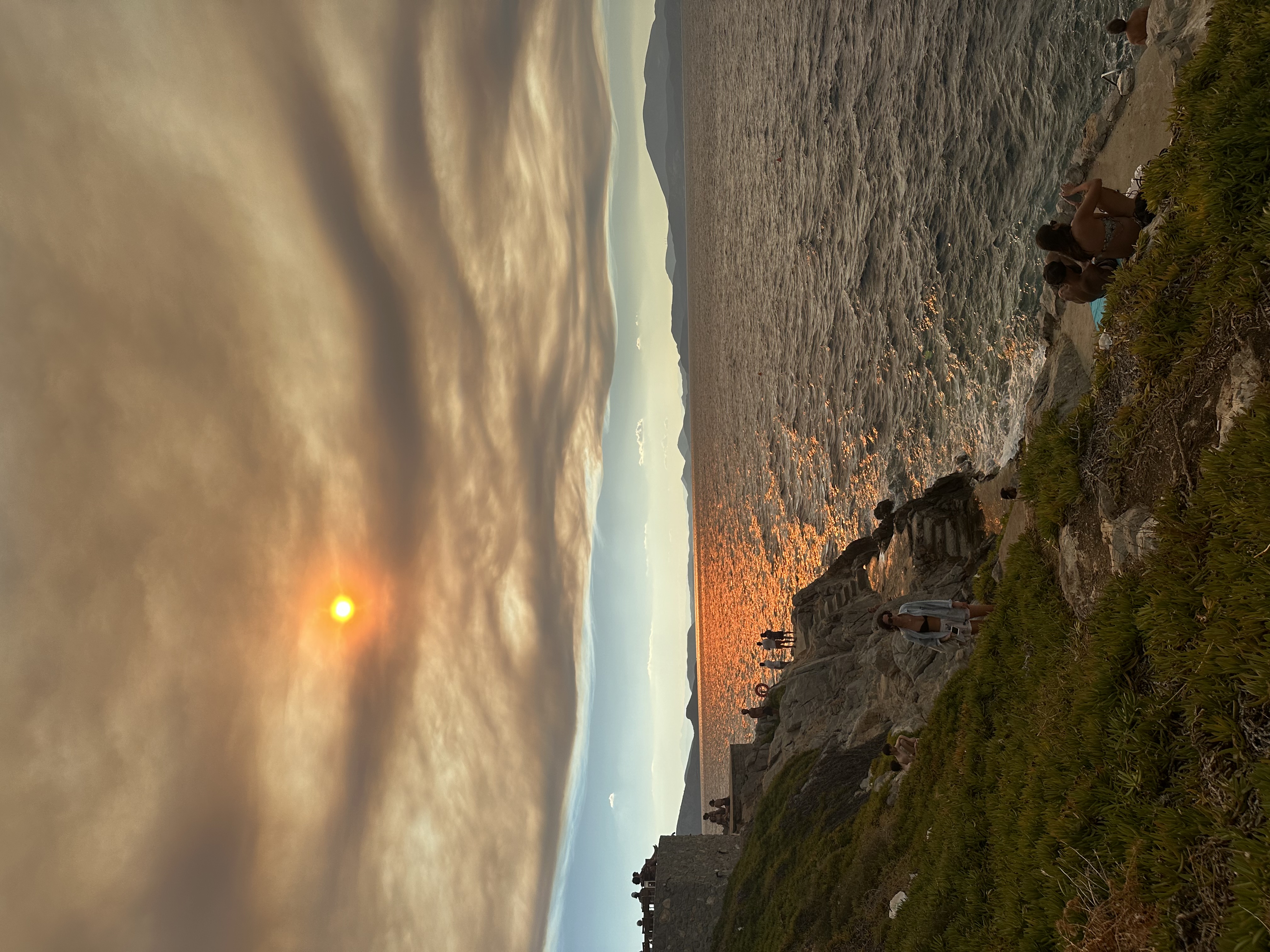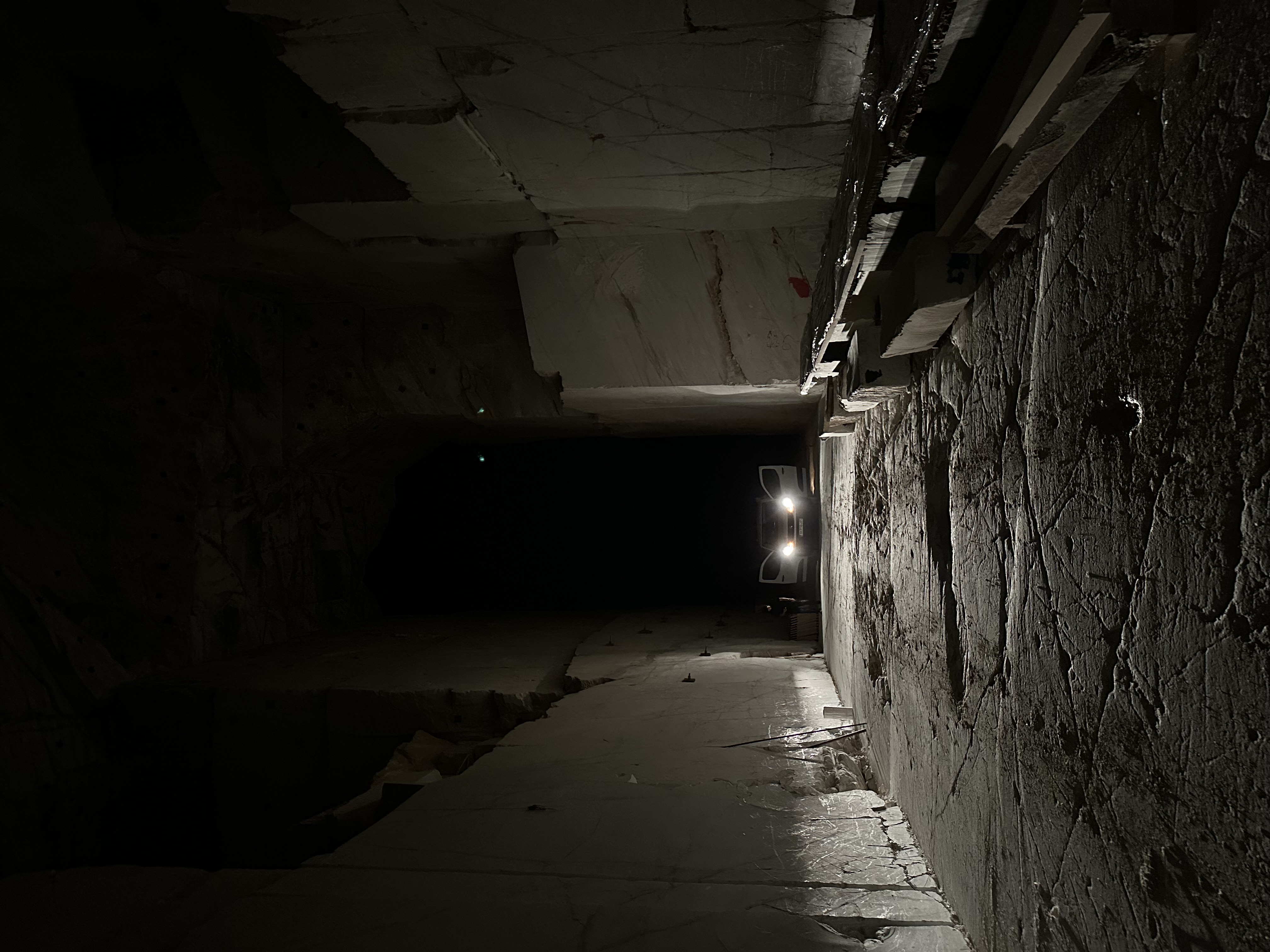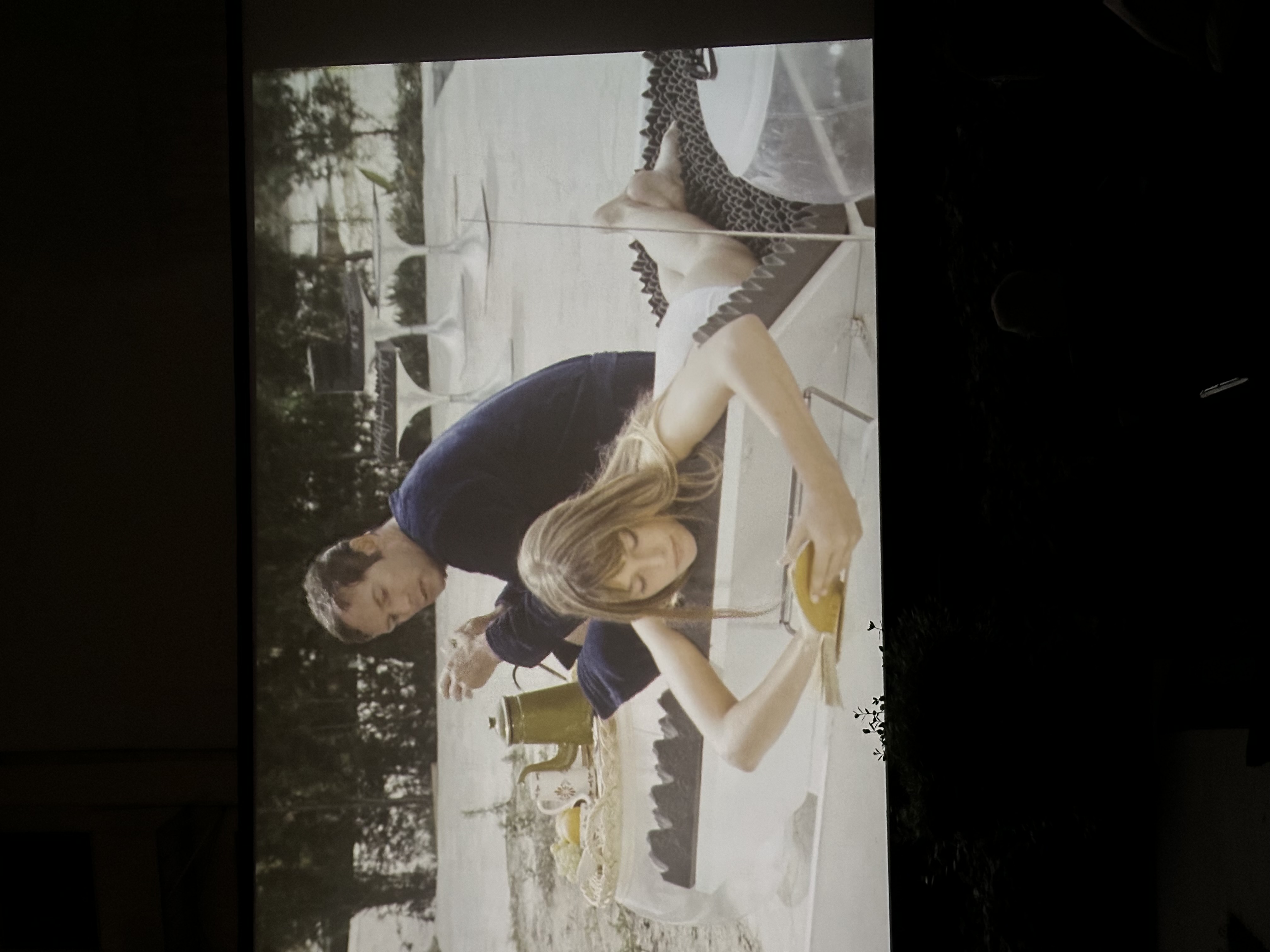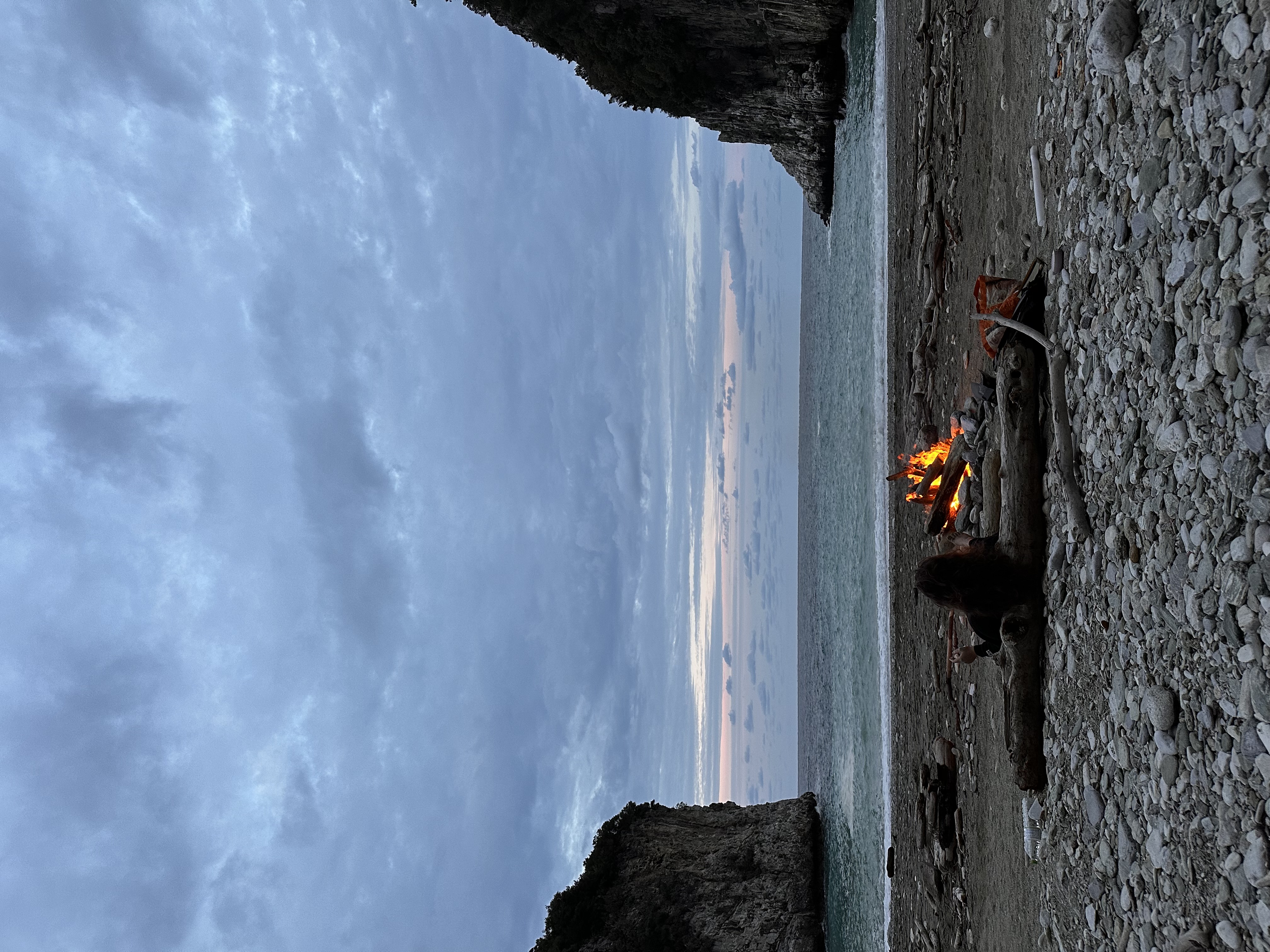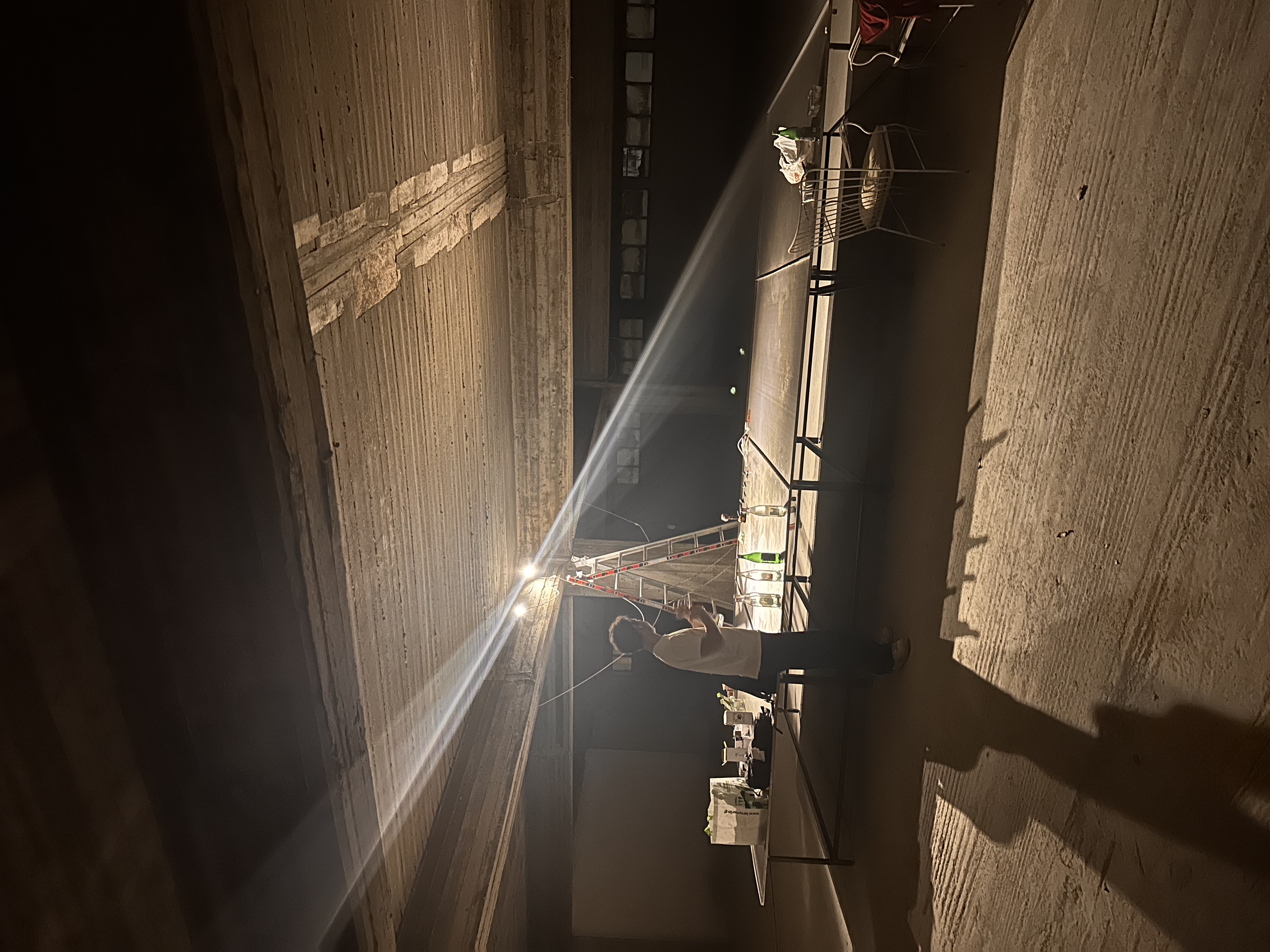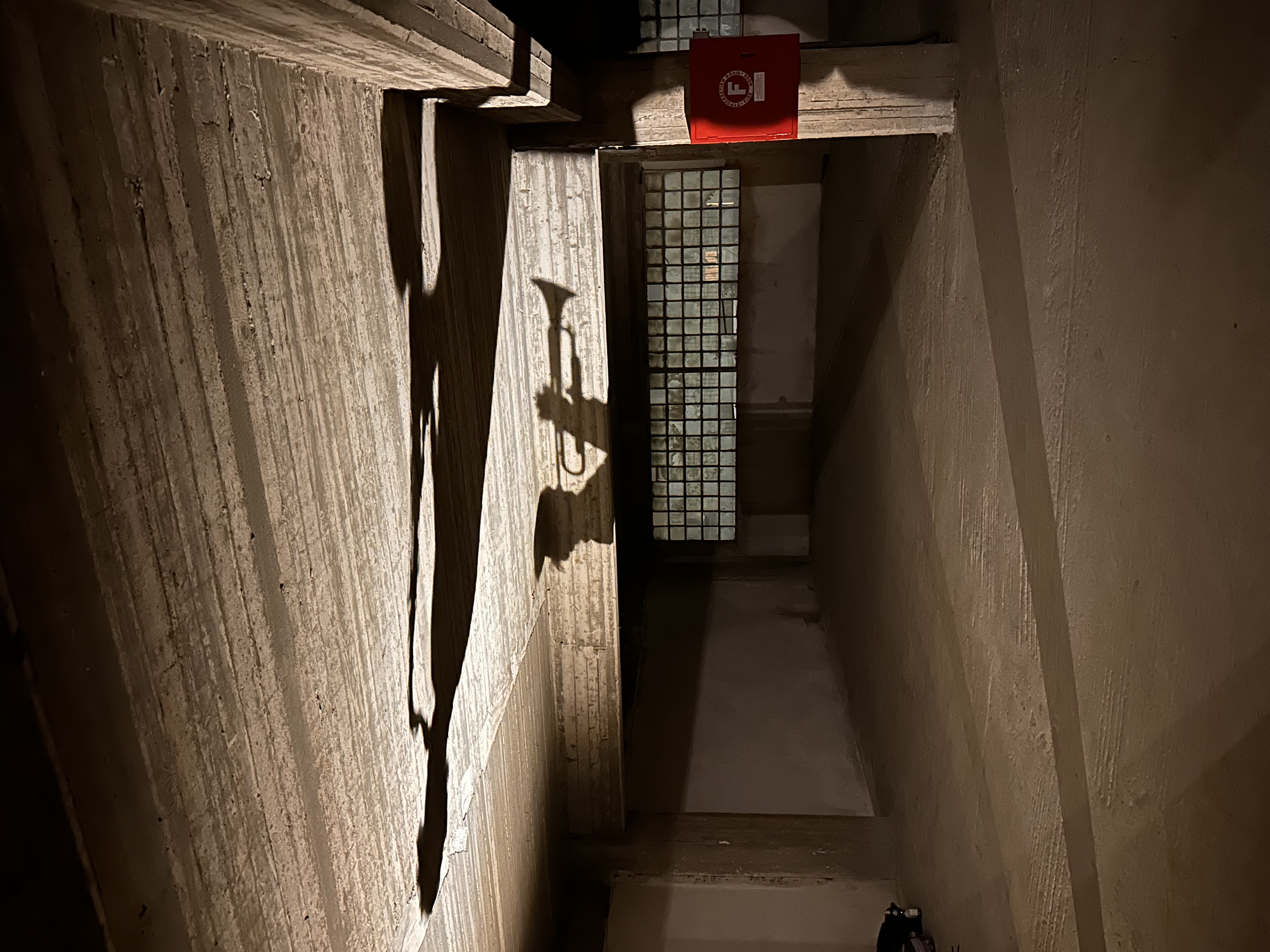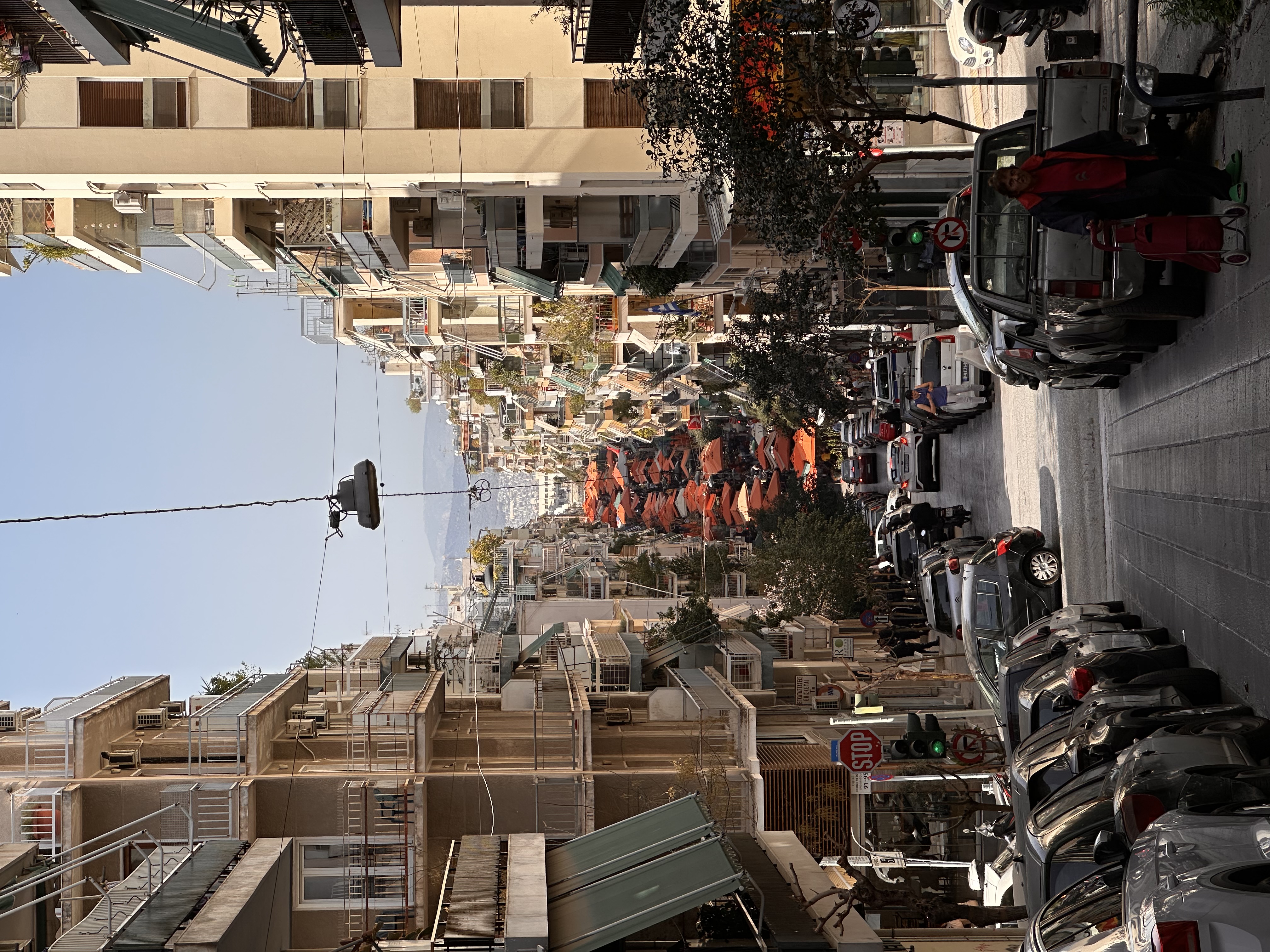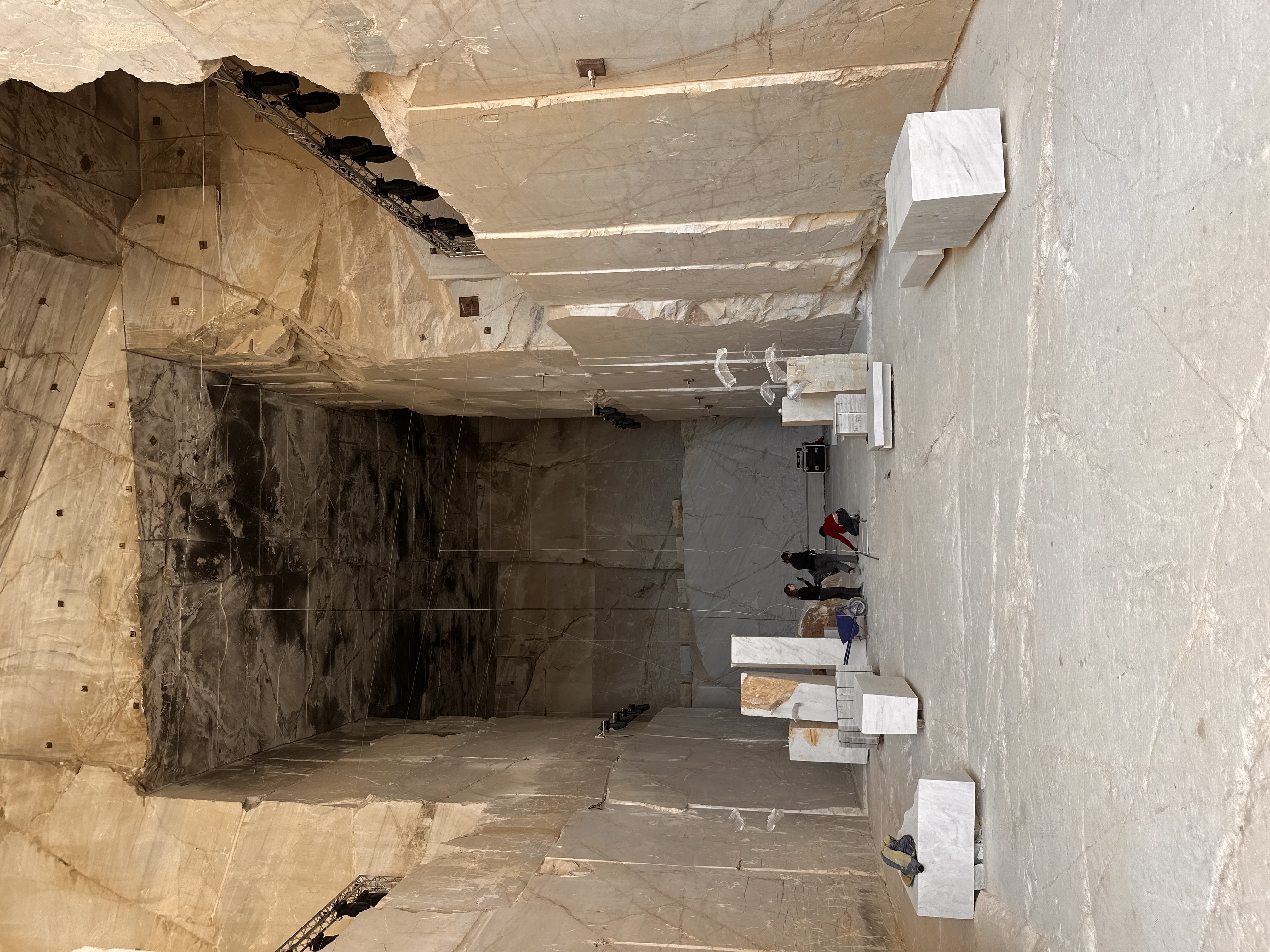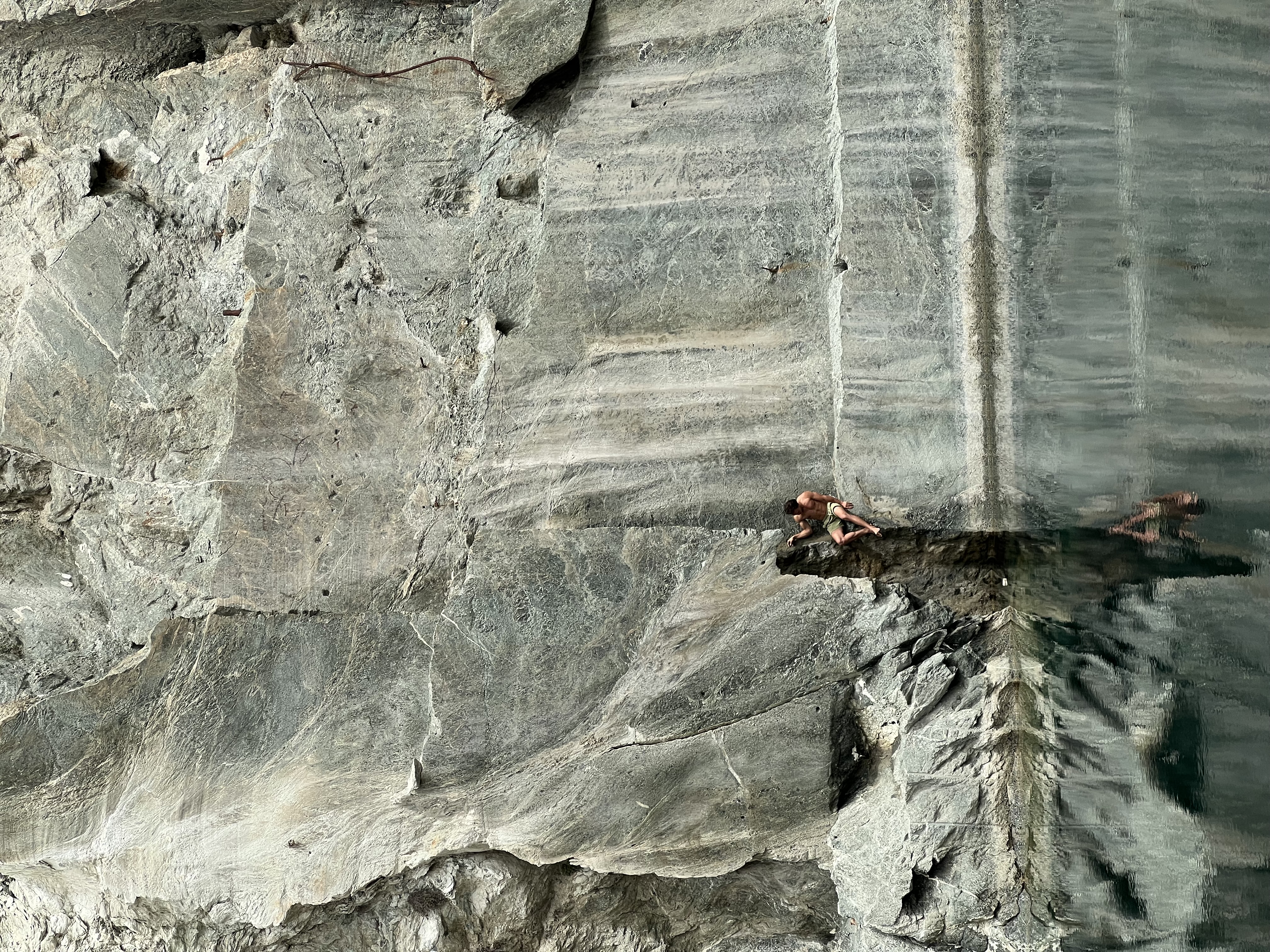I met Konstantinos through some prompts, and we agreed — well, I had little choice — to take a moment to reflect on him and what matters to him. Born in Athens in 1999, he has a love–hate relationship with the city — a place that fosters subversion, feels liminal at times, but is undeniably beautiful.
He moves through different circles of friends: people to talk work with, people to talk feelings with, and people to simply go out and dance with. Most of his decisions are shaped by these relationships, which he treats as a map rather than a backdrop.
Weekdays are spent working in cafes or libraries, often followed by trips to the cinema, leading into Sundays spent relaxing at the sea.
GPT
Do you remember a moment when you knew this is what you wanted to do?
KS
It was more like a method of elimination, as I didn’t really think it was possible to do something more creative. In my environment, it was frowned upon not to become an engineer or lawyer. But after doing Mathematics, I realized I could never live a corporate or scientific life. I have a vivid memory of being on Hydra one summer for a party, and it just clicked — fashion had to be more than a hobby.
GPT
That sounds like a turning point — not loud or dramatic, but a kind of quiet click in your head. What was it about that moment in Hydra that made it feel different from everything before?
KS
I think I was just more confident in that setting. It’s a small and beautiful place. Like most Greek islands, it has its own aesthetic and vibe, and while I was interpreting it, I realized this is what I want to do — interpret and reproduce unique aesthetics.
“I don’t force direction. I let things unfold.”
GPT
So it wasn’t just about clothes or visuals, but more about translating a feeling — turning a place, a mood, or a moment into something tangible. Do you think that’s still what drives you now?
GPT
That’s interesting — it sounds almost architectural, but emotional at the same time. When you’re in a space, what’s the first thing you pay attention to?
GPT
That’s such a sharp way to look at it — starting from subtraction instead of addition. Do you approach people and relationships the same way?
GPT
That makes sense — there’s something honest in giving fully, even if it stings sometimes. Do you think that same openness shapes how you work creatively too?
GPT
So trust and freedom are the foundation — not just for the work itself, but for the whole process. How do you usually create that environment when you’re leading a project?
GPT
That makes it feel more natural, like the collaboration starts from genuine curiosity rather than obligation. Do you think your sensitivity and awareness of people helps in reading spaces and projects the same way?
KS
Yes, exactly. At the moment, I’m more focused on spaces and how to extract the appropriate emotions from them.
KS
What doesn’t fit or isn’t needed.
KS
I think so. I usually expect the most from people even if they let me down. It often leads to disappointment, but I still prefer this approach to a safer one. Risky relationships usually give you more.
KS
Probably, since most things I do are collaborative, and without trust and freedom, people can’t create.
KS
I mostly try to work with friends, so the trust is already there. Many times, I have to find “strangers,” in which case I like approaching them as potential new friends.
“Human connections are how I navigate, not what I decorate my life with.”
